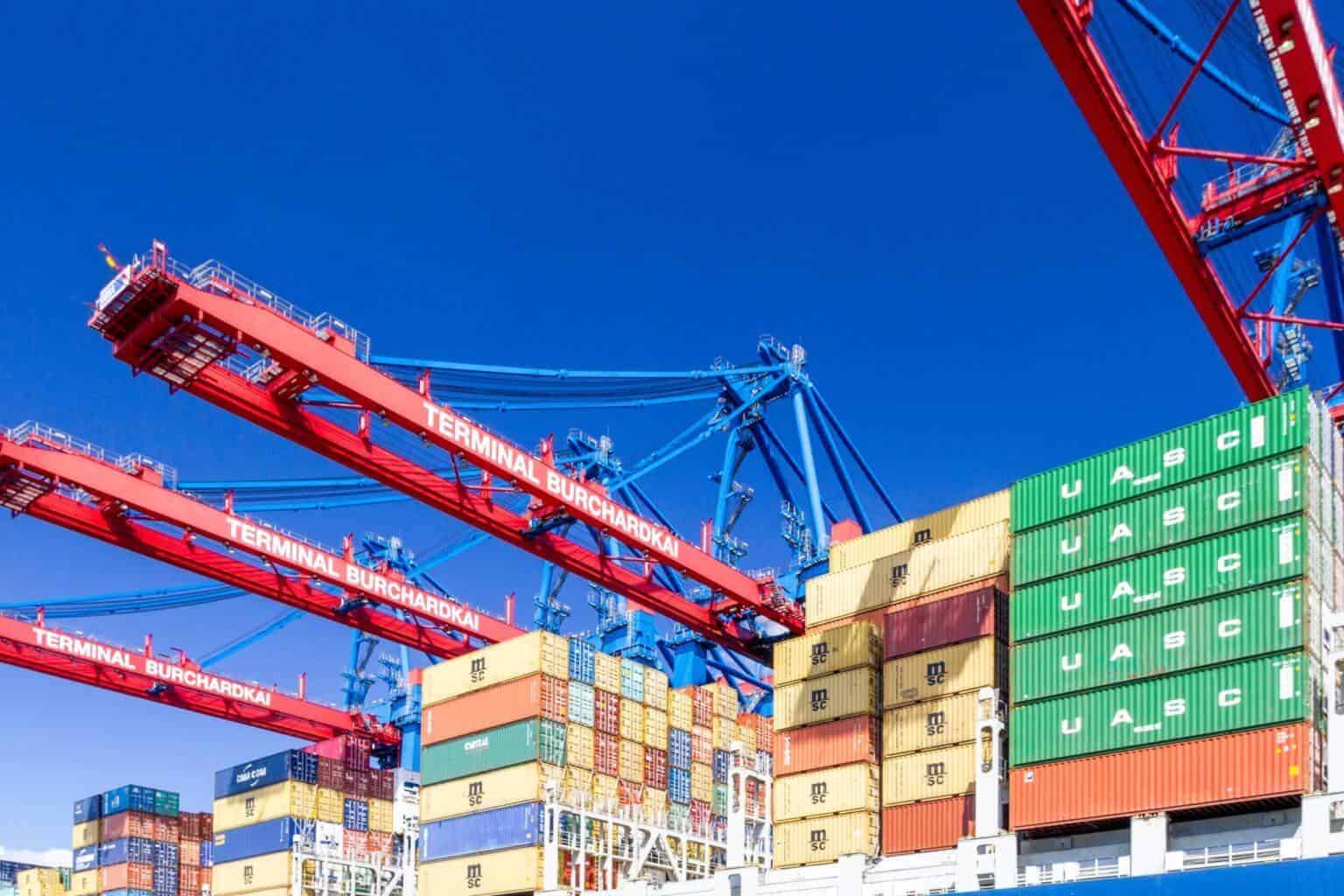U.S. AND E.U. CIVIL AIRCRAFT DISPUTE
The U.S. Trade Representative has determined that the European Union (EU) and certain member States have denied U.S. rights under the World Trade Organization (WTO) Agreement and have failed to implement WTO Dispute Settlement Body recommendations concerning certain subsidies to the EU large civil aircraft industry. The U.S. Trade Representative has determined to take action in the form of additional duties on products of certain member States of the EU.
The annual trade value of the list of tariff subheadings subject to additional duties is approximately $7.5 billion, which is consistent with the WTO Arbitrator’s finding on the appropriate level of countermeasures. Annex A identifies the products covered by the action, the rate of duty to be assessed, and the EU member States affected.
U.S. AND E.U. CIVIL AIRCRAFT DISPUTE – TECHNICAL CHANGES
By background, the World Trade Organization (WTO) announced that the United States could take countermeasures against Europe for approximately U.S. $7.5 billion annually (that is, additional customs duties) in the large civilian aircraft dispute. The USTR then issued a notice listing the tariff classifications subject to additional customs duties being imposed on certain imports from Europe
This notice of technical adjustments makes technical changes in order to implement the intended scope of the action, and to correct other errors. These technical changes are set out in an annex to the notice and are applicable with respect to products that are entered for consumption, or withdrawn from warehouse for consumption, on or after 12:01 a.m. eastern daylight time on October 18, 2019.
ADDITIONAL EXPORTS AND RE-EXPORTS TO CUBA
The final rule:
- Amends the Cuba licensing policy in the EAR to establish a general policy of denial for leases of aircraft to Cuban state-owned airlines and to clarify that aircraft and vessels are not eligible for the license exception if they are leased to or chartered by a national of Cuba or a state sponsor of terrorism
- Amends the EAR to establish a general 10-percent de minimis level for Cuba
- Revises license exception support for the Cuban people to make the Cuban government and communist party ineligible for certain donations, removes an authorization for promotional items that generally benefits the Cuban government, and clarifies the scope of telecommunications items that the Cuban government may receive without a license
SECTION 201 INVESTIGATION – EXCLUSION OF BIFACIAL SOLAR PANELS
January 23, 2018: The U.S. president, imposed a safeguard measure on imports of certain solar products pursuant to a Section 201 investigation (that is, Section 201 of the Trade Act of 1974).
February 14, 2018: the USTR established procedures for interested persons to request product-specific exclusions from application of the safeguard measure.
June 13, 2019: the USTR published a notice granting certain requests for exclusions and excluding the products at issue from the safeguard measure’s application. In particular, the USTR excluded bifacial solar panels consisting only of bifacial solar cells.
Since publication of the June 2019 notice, the USTR has evaluated this exclusion further and, after consultation with the Commerce and Energy departments, has determined that the exclusion will undermine the objectives of the safeguard measure.
Notice reports that the USTR has modified the Harmonized Tariff Schedule of the United States (HTSUS) to withdraw the exclusion of bifacial solar panels from application of the safeguard measure and has modified the HTSUS to make certain technical changes in connection with the safeguard measure.
U.S. – JAPAN TRADE AGREEMENT
October 7, 2019, USTR Robert Lighthizer and Ambassador of Japan to the United States Shinsuke J. Sugiyama signed the U.S.-Japan Trade Agreement and U.S.-Japan Digital Trade Agreement. The U.S.-Japan Trade Agreement will eliminate or reduce tariffs on certain agricultural and industrial products to enhance bilateral trade in a robust, stable, and mutually beneficial manner between our nations, which together account for approximately 30 percent of global gross domestic product.
- The United States and Japan have reached an agreement in which Japan will eliminate or lower tariffs for certain U.S. agricultural products. For other agricultural goods, Japan will provide preferential U.S.-specific quotas.
- Once this agreement is implemented, over 90 percent of U.S. food and agricultural products imported into Japan will either be duty free or receive preferential tariff access. For example, under the agreement, Japan will:
- Reduce tariffs on products such as fresh and frozen beef and pork.
- Provide a country-specific quota for wheat and wheat products.
- Reduce the mark-up on imported U.S. wheat and barley.
- Immediately eliminate tariffs for almonds, walnuts, blueberries, cranberries,
- sweet corn, grain sorghum, broccoli, and more.
- Provide staged tariff elimination for products such as cheeses, processed
- pork, poultry, beef offal, ethanol, wine, frozen potatoes, oranges, fresh cherries, egg products, and tomato paste.
- This agreement provides for the limited use of safeguards by Japan for surges in imports of beef, pork, whey, oranges, and race horses, which will be phased out over time.
- When the agreement is implemented by Japan, American farmers and ranchers will have the same advantage as CP-TPP countries selling into the Japanese market.
- The United States will provide tariff elimination or reduction on 42 tariff lines for agricultural imports from Japan valued at $40 million in 2018, including products such as certain perennial plants and cut flowers, persimmons, green tea, chewing gum, and soy sauce
- The United States will also reduce or eliminate tariffs on certain industrial goods from Japan such as certain machine tools, fasteners, steam turbines, bicycles, bicycle parts, and musical instruments.
U.S.-Japan Digital Trade Agreement priority areas of digital trade include:
- Prohibitions on imposing customs duties on digital products transmitted electronically such as videos, music, e-books, software, and games.
- Ensuring non-discriminatory treatment of digital products, including coverage of tax measures.
- Ensuring barrier-free cross-border data transfers in all sectors.
- Prohibiting data localization requirements, including for financial service suppliers.
- Prohibiting arbitrary access to computer source code and algorithms.
- Ensuring firms’ flexibility to use innovative encryption technology in their products.
The digital trade agreement with Japan meets the gold standard on digital trade rules set by the USMCA and will expand trade in an area where the United States is a leader.



